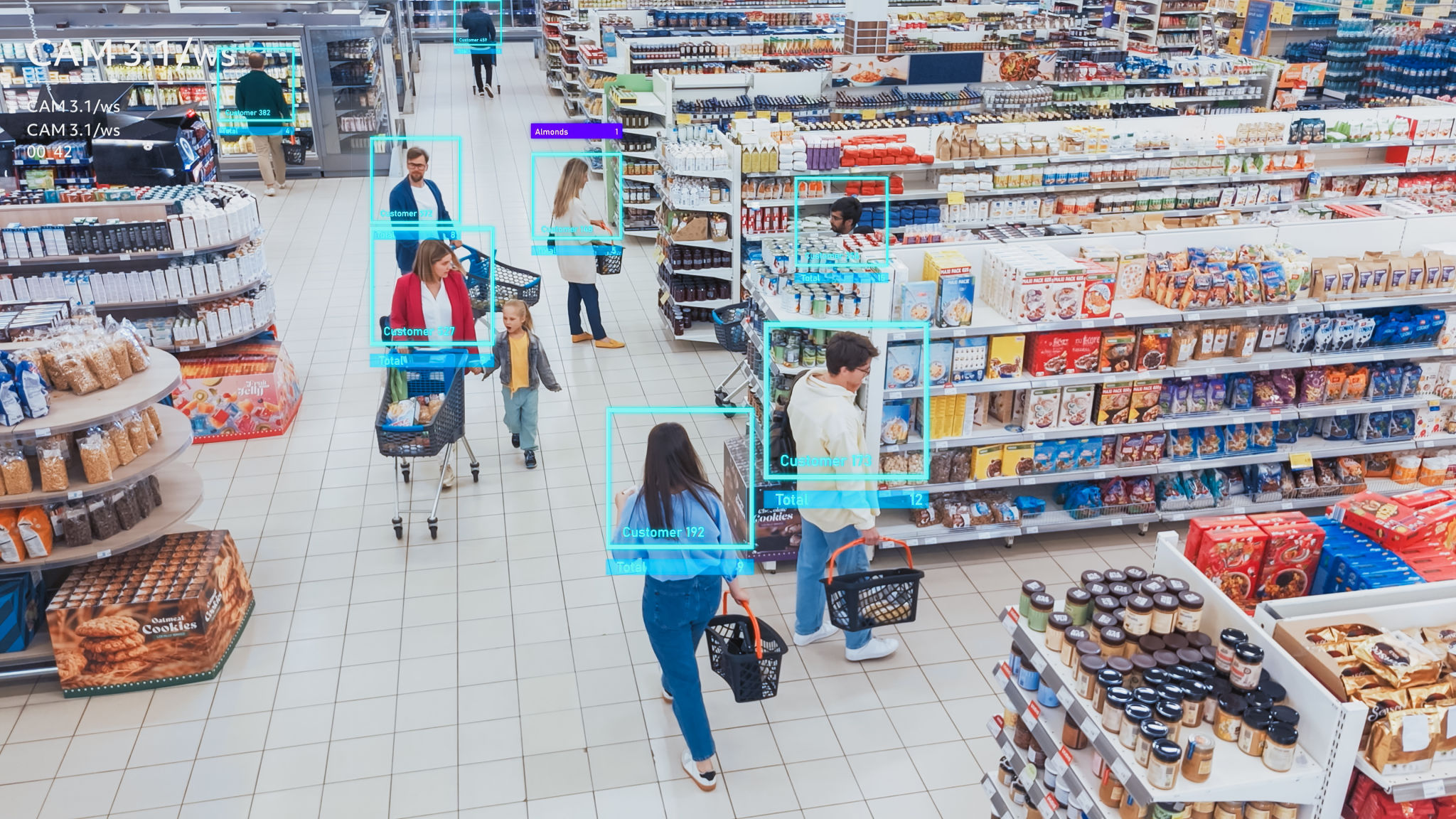Case Study: Successful AI Automation in Singapore Enterprises
Introduction to AI Automation in Singapore
In recent years, Singapore has emerged as a leading hub for technological innovation, particularly in the realm of Artificial Intelligence (AI). Businesses across various sectors have embraced AI automation to streamline operations, enhance productivity, and deliver superior customer experiences. This case study explores how enterprises in Singapore have successfully integrated AI technology into their workflows.
The adoption of AI has been driven by the Singapore government's proactive approach to fostering a conducive environment for technological advancement. Initiatives such as the Smart Nation program and significant investments in AI research have positioned Singapore as a trailblazer in AI innovation.

AI Automation in Retail
The retail sector has witnessed a significant transformation due to AI automation. Singaporean retailers are leveraging AI to personalize shopping experiences, optimize inventory management, and enhance customer service. For instance, some stores employ AI-powered chatbots to handle customer inquiries efficiently, ensuring timely responses and reducing human intervention.
Moreover, advanced analytics tools are being utilized to predict consumer behavior and preferences, allowing retailers to tailor marketing strategies and promotions more effectively. This targeted approach not only boosts sales but also enhances customer satisfaction.

Enhancing Manufacturing with AI
In the manufacturing sector, AI automation is revolutionizing production processes. Singaporean manufacturers are employing AI-driven robotics and machine learning algorithms to optimize supply chain management and improve operational efficiency. These technologies enable seamless coordination between different stages of production, minimizing downtime and maximizing output.
Predictive maintenance is another area where AI is making a substantial impact. By analyzing data from machinery sensors, AI systems can predict potential equipment failures, allowing for timely interventions and reducing costly disruptions.

AI in Financial Services
The financial services industry in Singapore has also embraced AI automation to enhance various aspects of its operations. From fraud detection to risk management, AI technologies are being utilized to process vast amounts of data rapidly and accurately. This capability not only improves the speed and accuracy of financial assessments but also enhances security measures against fraudulent activities.
AI-powered customer service platforms are becoming increasingly prevalent in banks and financial institutions, providing personalized financial advice and support around the clock. This accessibility has greatly improved customer experiences and satisfaction levels.
The Role of AI in Healthcare
Healthcare is another sector where AI automation is making significant strides in Singapore. Hospitals and clinics are integrating AI technologies for tasks such as patient diagnostics, treatment planning, and administrative processes. AI systems can analyze medical data with remarkable accuracy, aiding healthcare professionals in making informed decisions.
AI-driven solutions also facilitate remote patient monitoring and telemedicine services, expanding access to healthcare services and improving patient outcomes. This is particularly beneficial in managing chronic conditions and reducing hospital visits.

Challenges and Future Prospects
Despite the numerous benefits of AI automation, challenges remain. Issues such as data privacy, cybersecurity risks, and the need for skilled personnel must be addressed to fully realize the potential of AI technologies. Enterprises must also ensure ethical considerations are upheld in the deployment of AI systems.
Looking ahead, the future of AI automation in Singapore appears promising. Continued investment in research and development, coupled with a robust regulatory framework, will further propel the growth and adoption of AI across multiple sectors.
Conclusion
AI automation is transforming the landscape of Singaporean enterprises, offering innovative solutions that drive efficiency, productivity, and customer satisfaction. As businesses continue to adapt to these technological advancements, Singapore's position as a global leader in AI innovation is set to strengthen further.
By embracing AI automation strategically and responsibly, Singaporean enterprises can continue to thrive in an increasingly competitive global market.
